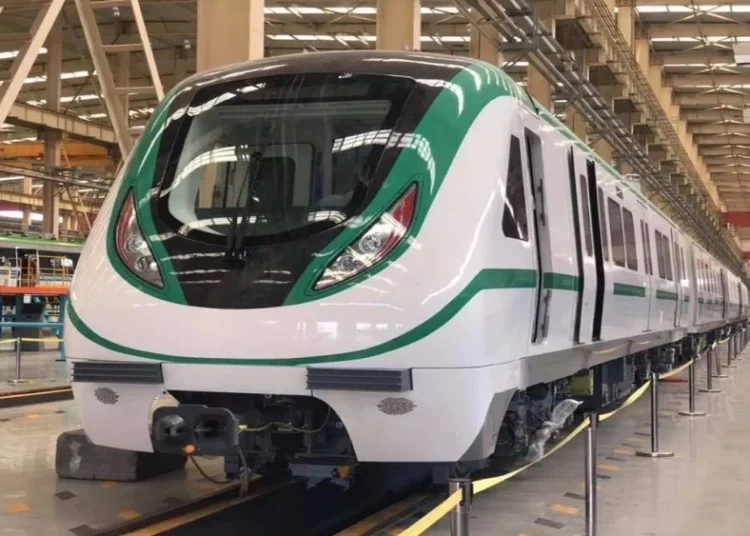The Abuja-Kaduna Train Services resumed operation last week, eight months after the terrorist attack that shocked the nation. Passengers are now required to provide national identification numbers, while armed security operatives are on board the train. The services commenced with two train rides from Abuja-Kaduna and vice versa.
We see the commencement of the train services as a great relief for travelers on that route, especially Kaduna-bound passengers. The roads are in a bad shape, and the train was a better alternative until the terrorists struck and it had to be suspended.
Now that the train services are back on track, perhaps members of the public who patronise the service could feel safe enough to assume that the federal government has learnt some lessons from that attack and has put in place adequate security measures to avoid a repeat. Expectedly, the train services are currently witnessing low patronage. It is the assurance of adequate security that will make Nigerians want to board the train again.
The former minister of Transportation, Rotimi Amaechi revealed on a national TV how his ministry foresaw the attack on the train, and knew what the problem would be. He felt the train services needed to have digital security equipment, he applied for it, but his request was never approved by the Federal Executive Council.
On March 28, 2022, terrorists planted explosive devices on the rail track, forcing the train headed for Kaduna to derail. At least nine persons lost their lives while the release of kidnapped victims were secured at various intervals till 5th October, 2022, when the last batch of 23 victims were released.
To say that the kidnapped passengers suffered inhuman treatment in captivity, especially the women and children will be stating the obvious. Their families too were traumatised and overwhelmed by pains and agony, and had to sell off their assets to raise funds in order to pay millions of naira as ransom for their release.
The attack, we would later find out, came after repeated warnings by the security services about the movement of bandits in the Rijana area. Apart from the failure of the security forces to halt the planned attack, the Kaduna State Security Council and1 Division Nigerian Army headquarters had also separately requested the Nigeria Railways Corporation (NRC) to suspend the late-hour shuttle between Abuja and Kaduna, an advice that was ignored.
In a report, one of the security services had alerted of the arrival of over 80 well-armed bandits from the camp of notorious Zamfara bandit, Bello Turji, into Buruku Forest in Chikun local government area of Kaduna State and establishing presence around Falalin Dutse and Rafin Dawa Danne.
The gunmen were said to have arrived Kaduna on the invitation of a banditry kingpin called Kwalba, with the intention of attacking the Kaduna-Abuja train. The bandits also reportedly penciled down the Rigasa Train Station and the Nigeria Defence Academy (NDA) as possible targets.
In another report it was gathered that bandits on over 300 motorcycles had left Danjibga area of Zamfara State on an undisclosed mission to Rijana Forest through Birnin Gwari. Another detachment was said to have left for Kebbi and Niger states around the same time.
All of these reports were dismissed by those who should act. And till this day, no one has been arrested let alone prosecuted for negligence of duty, a situation that provided a fertile ground for the attack. We urge the authorities to ensure that there is effective coordination among the security services and the management of the railway service to prevent a repeat.
The federal government has pledged commitment to ensuring safety of lives and properties on board the train at all times. We call on the government to walk the talk by ensuring that terrorists are routed and never given the chance to attack the train again. Every security report as regards the activities of bandits must be taken seriously and acted upon.
More importantly in our opinion, Nigerians on their part, owe themselves a duty to play their role in the security arrangement. This they can do through the provision of valuable intelligence when available.
By all means, it is our view that what happened on that train route must not be allowed to happen again there or anywhere else within the nation’s rail transport system.





